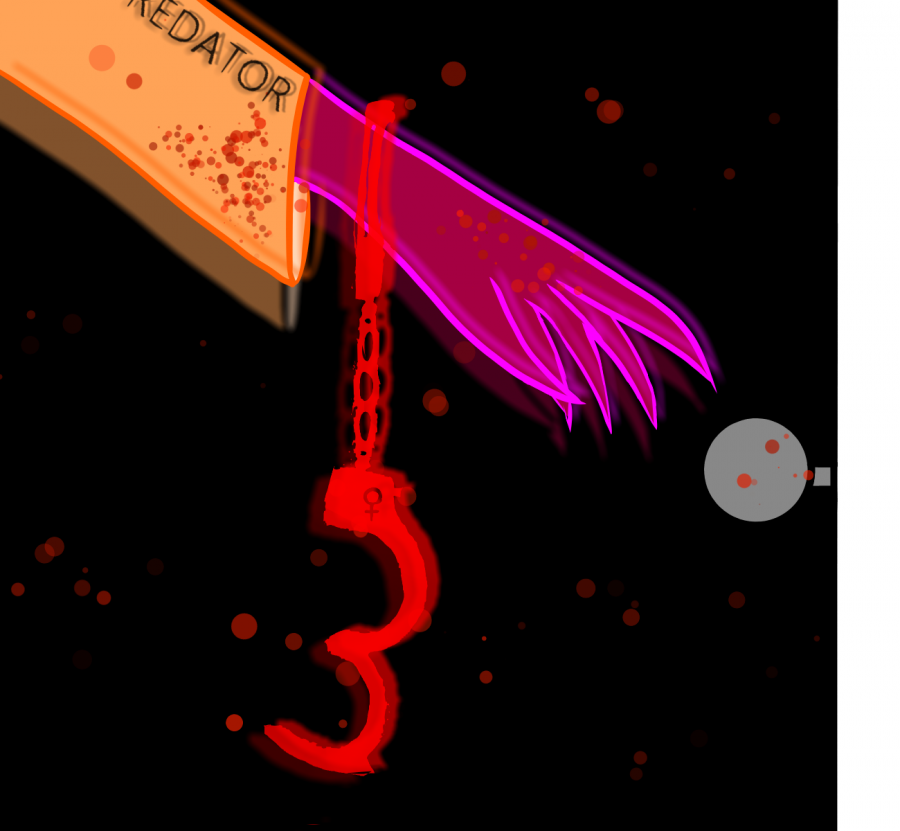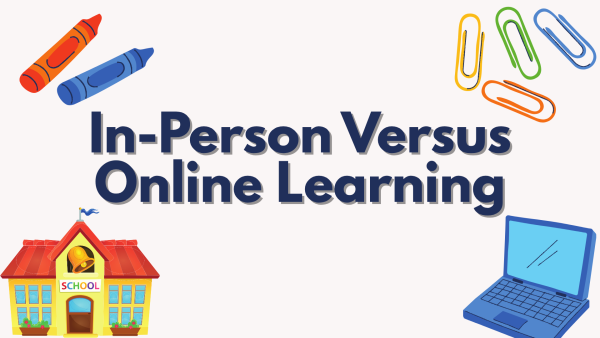The Mentality of Victims
(Warning: Topics of sexual assault and abuse are mentioned)
Sexual predators in this day and age seem to be a common topic to hear about due to the “#MeToo” movement, which has encouraged people to speak out now more than ever about their experiences. Child abuse is one category that seems to stay hidden, and the common theme with these cases is mental illness. The mentality of the victim after and during sexual or physical abuse has serious effects on the child. A 2010 study by the U.S Health and Human Services, showed that in California alone, there were almost 83,000 reported cases of child abuse. The American Society for the Positive Care for Children states that the victim of abuse may never recover and “about 30%” will gain a “psychological disorder” or even later “abuse their own children.”
If someone searches “Child Abuse” on the internet, they would find results such as “teacher abuses student” or “the movement of our time,” but few resources on treatment for victims. Such information is crucial for victims to find support in order to prevent the possibility of psychological disorders to emerge during their life. According to the medical journal, Suicide and Life-Threatening Behavior, approximately “one-third of adults that were abused as children” have suicidal thoughts or commit suicide. This is not due to the severity of cases, but because the victim does not want to discuss and relive their trauma. Those who stay silent often fear losing their relationship with their abuser, while others are embarrassed by the topic. Many fear of the abuse getting worse and instead continue to accept and adapt their treatment.
The mentality of someone who has possibly been abused or molested is, in the words of Kyra Reynolds, the director of Psychiatric Services at Huntington Beach Hospital, “broken.” “Some of these kids that have been abused usually end up with a history of depression, with a history of eating disorders, [and] a history of becoming [self-harmers],” she stated in an interview.
These are some of the main reasons why the recovery process is so grueling. Along with this, the children may believe that what the abuser is doing is ordinary. During her days of adolescent group therapy, Reynolds explained how she would get all kinds of victims, such as patients that were beaten and sexually abused by their brothers. Reynolds also recounted a case where a teenager showed for only two weeks of therapy and vanished from the sessions afterward. “The only people who will get better are the ones that get treatment. If you hide it and try to make it better, it’s not going to get better,” she expressed.
Some people don’t get treatment and become felons or abusers themselves. “Part of the problem in society and in life is that it’s gotten worse. People used to be more trusting and nothing happened, but now we’re less trusting and more [child abuse] is happening.” Reynolds added.
The truth is, the person someone trusts the most can actually be the abuser, and the victim wouldn’t know it. Reynolds explained how someone could be abused by their uncle, but they would be blind to the problem due to their devoted love towards the relative. The abusers could be anyone ranging from a twelve-year-old child to an elderly relative. Some may argue that parents tell children to stay away from strangers; however, they can begin the relationship as a stranger, but “milk their way into your trust,” as Reynolds explained.
If anyone were to have any trouble with sexual assault, the best thing they can do is call the National Sexual Assault Hotline at (800)-656-4673 and speak with a psychiatrist. Speaking to a trusted friend or family member or consulting a police officer is just one more step in the direction of support. This should not be something children have to go through. As a community, everyone needs to do more and spread awareness and stop abuse.
Your donation will support the student journalists of Huntington Beach High School. Your contribution will allow us to cover our annual website hosting costs.
Thank you for supporting our program!







